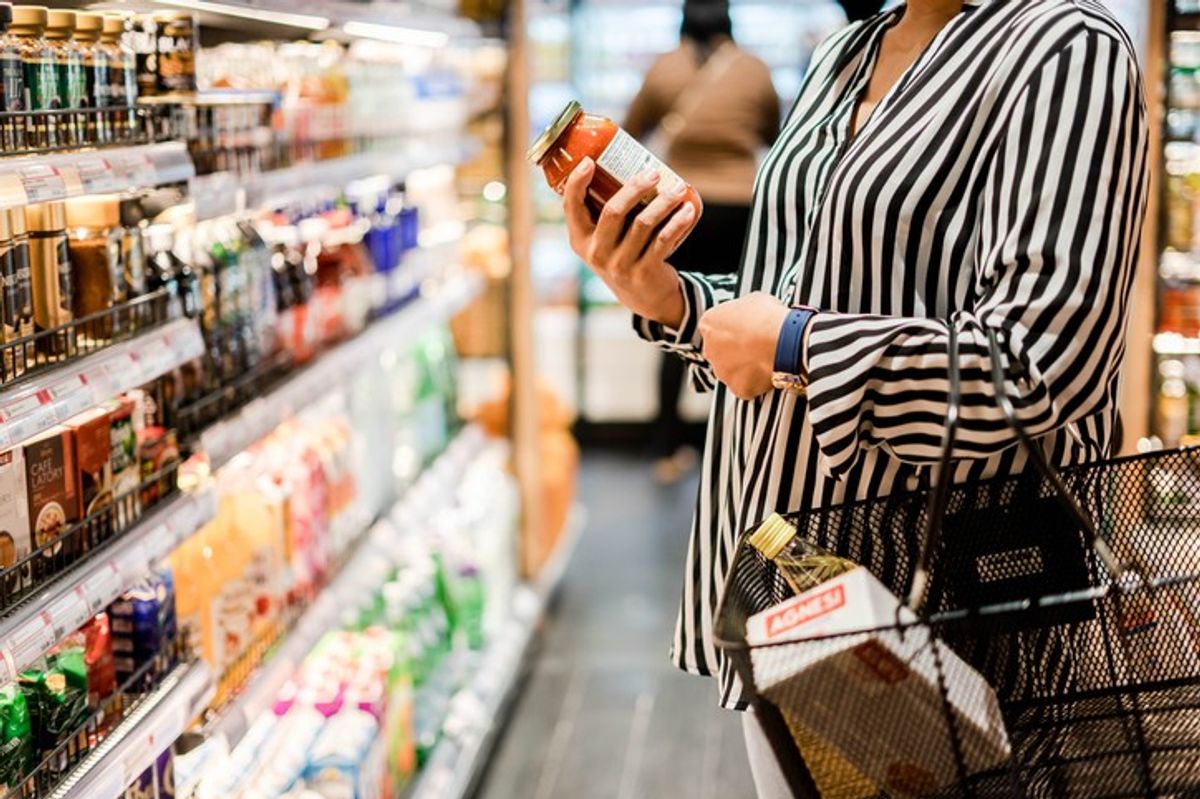British inflation was unchanged in August, official data showed Wednesday, fuelling expectations that the Bank of England will not cut interest rates again at its meeting this week.
The Consumer Prices Index stood at 3.8 per cent last month, the same level as in July, the Office for National Statistics said in a statement.
The figure was in line with analysts' forecasts.
Food inflation, however, climbed above 5 per cent in August for the first time in 18 months, standing now at 5.1 per cent. Key staples such as cereals and pasta fell in price on the month, though.
The BoE trimmed borrowing costs in August to 4 per cent, its lowest level in 2.5 years, but is widely expected to maintain its key interest rate on Thursday and for the remainder of 2025.
The Labour government faced a fresh blow last week as data showed the economy stagnated in July, which came at the end of turbulent week politically for prime minister Keir Starmer.
Official data on Tuesday brought more bad news, showing UK unemployment remaining at a four-year high at 4.7 per cent.
While the July GDP figure was in line with market expectations, the government acknowledged difficulty in driving economic growth, ahead of its annual budget announcement in late November.
The BoE expects inflation to peak at 4 per cent in September, twice its two-percent target.
"I know families are finding it tough and that for many the economy feels stuck," said chancellor Rachel Reeves, who has promised to keep a "tight grip" on public spending.
Britain's economy has struggled to grow after Reeves hiked taxes and slashed public spending following Labour's general election win in July last year.
Several US tech giants, including Microsoft and Google, this week unveiled investments in the UK as president Donald Trump arrived for a state visit to the country.
"Today's figures underline the higher-for-longer interest rate environment," said Lindsay James, investment strategist at Quilter.
"That will keep pressure on households already contending with elevated living costs and on businesses facing squeezed demand," she added.
Nicholas Hyett, investment manager at Wealth Club, also noted that the effective rate for poorer consumers would probably higher still, as food prices have risen 5.1 per cent year-on-year.
"Things like food retail and hospitality employ large numbers of comparatively lowly paid staff, where simultaneous increases to employers' national insurance and the national living wage have substantially increased costs and led to a corresponding increase in prices," Hyett said.
"Over time those effects will fade. But until they do, inflation is going to remain a source of pain for the government and the public at large."
Dr Kris Hamer, director of insight at the British Retail Consortium, attributed rising employment costs and poor harvests to the rise in food inflation.
"Households across the country are noticing the increasing cost of their weekly shop. Retailers are doing everything they can to deliver great value for their customers, but are unable to absorb the £7 billion in costs they have been landed with this year thanks to rising costs of National Insurance, higher NLW, and a new packaging tax," Hamer said.
"The chancellor can help turn the tide at the budget by delivering a meaningful business rates reduction, with no shop paying more as a result. If the government instead chooses to burden the industry with more costs, then it will be households who feel the pinch as they go about their weekly shop."
BRC has this week warned that up to 400 of Britain’s largest shops – including supermarkets and department stores – are at risk of closure if the government presses ahead with plans to impose a new higher business rates tax band on large-format retail premises.


